Home>Articles>How Long Does Fresh Broccoli Last In The Refrigerator
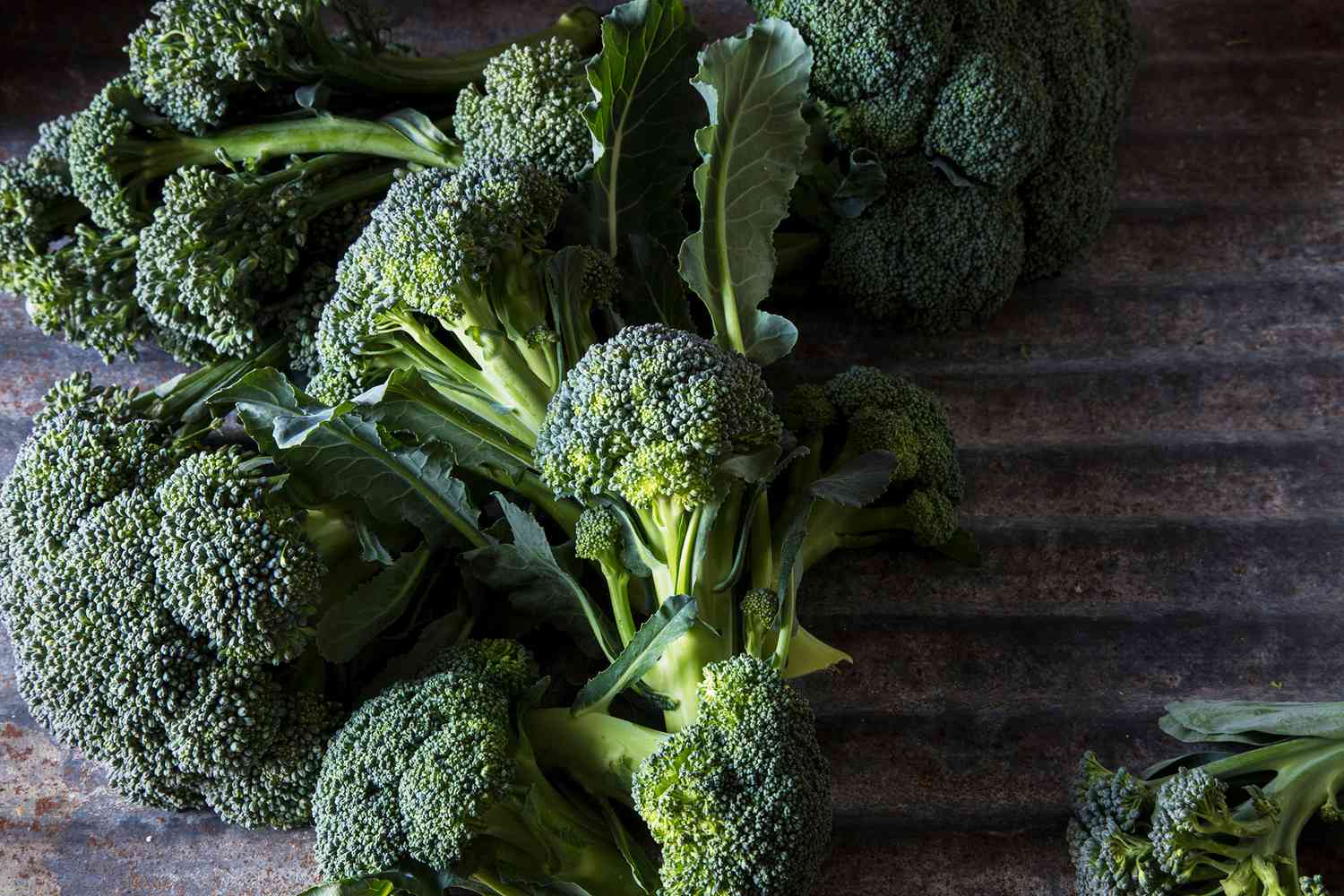

Articles
How Long Does Fresh Broccoli Last In The Refrigerator
Modified: August 16, 2024
Learn how long fresh broccoli can last in the refrigerator with this informative article. Discover the best ways to store and prolong its freshness for maximum flavor and nutrition.
(Many of the links in this article redirect to a specific reviewed product. Your purchase of these products through affiliate links helps to generate commission for Storables.com, at no extra cost. Learn more)
Introduction
Fresh broccoli is a nutritious and versatile vegetable that can be enjoyed in various dishes, such as stir-fries, salads, and steamed side dishes. However, like any perishable food item, it has a limited shelf life. To ensure you get the best quality and taste, it’s important to understand how long fresh broccoli lasts in the refrigerator.
In this article, we will delve into the factors that affect the shelf life of fresh broccoli, proper storage techniques to maximize its freshness, and the typical duration that you can expect it to last in the refrigerator. We will also discuss the signs of spoiled broccoli and provide tips on how to extend its freshness.
So, if you’re a fan of this cruciferous vegetable and want to make the most out of your purchase, read on to discover how to properly store and maintain the freshness of fresh broccoli in your refrigerator.
Key Takeaways:
- Proper storage and handling are crucial for maintaining the freshness of fresh broccoli in the refrigerator. Factors such as initial quality, storage temperature, and air circulation play a significant role in extending its shelf life.
- It’s important to be able to identify signs of spoiled broccoli, such as discoloration, texture changes, foul odor, mold growth, and bitter taste, to ensure safe consumption and prevent potential health risks. Always prioritize your health and safety when consuming fresh produce.
Read more: How Long Does Fresh Greenery Last
Factors Affecting the Shelf Life of Fresh Broccoli
Several factors play a role in determining how long fresh broccoli will stay fresh in the refrigerator. Understanding these factors can help you take the necessary steps to maximize its shelf life. Here are the key factors to consider:
- Quality at Purchase: The quality of the broccoli you buy initially will greatly impact its longevity. Look for firm stalks and tightly closed florets with a vibrant green color. Avoid broccoli with yellowing florets or signs of mold.
- Storage Temperature: Broccoli is a cool-weather vegetable and prefers cooler temperatures for optimal freshness. Storing it at temperatures between 32°F (0°C) and 40°F (4°C) can help prolong its shelf life. Avoid placing it near sources of heat such as the back of the refrigerator or near the oven.
- Moisture Levels: Excessive moisture can cause broccoli to spoil quickly. It is essential to store fresh broccoli in a dry environment. Avoid washing it until you’re ready to use it, as moisture can accelerate decay.
- Air Circulation: Adequate air circulation is crucial to keep broccoli fresh. Do not store it in a sealed plastic bag, as this can trap moisture and promote spoilage. Instead, loosely wrap the broccoli in a damp paper towel or place it in a perforated plastic bag to allow for some airflow.
- Proper Handling: Rough handling can damage the delicate florets of broccoli and accelerate spoilage. Handle it with care during transportation and when storing it in the refrigerator.
- Age of Broccoli: The age of the broccoli at the time of purchase is another factor to consider. The fresher the broccoli, the longer it is likely to stay fresh. Try to buy broccoli that has been recently harvested.
By taking these factors into account, you can significantly extend the shelf life of fresh broccoli and enjoy it at its peak freshness for a longer period of time.
Proper Storage of Fresh Broccoli
Proper storage is key to maintaining the freshness and quality of fresh broccoli for as long as possible. Follow these guidelines to ensure that your broccoli stays crisp and delicious:
- Unwashed and Dry: Keep the broccoli unwashed until you are ready to use it. Moisture can cause spoilage, so it’s important to ensure that the broccoli is thoroughly dry before storing it.
- Trimming: Before storing, trim the ends of the broccoli stalks, but only if necessary. Cutting the ends can expose the vegetable to more air and moisture, so it’s best to leave them intact if they are not dry or discolored.
- Loose Wrap: Wrap the broccoli loosely in a damp paper towel to maintain some humidity without introducing excess moisture. Alternatively, you can place the broccoli in a perforated plastic bag, which allows for a little airflow.
- Refrigeration: Place the wrapped or bagged broccoli in the vegetable crisper drawer of your refrigerator. This drawer provides a slightly higher humidity level, which is beneficial for storing broccoli. Remember to set the temperature between 32°F (0°C) and 40°F (4°C).
- Isolation: Keep broccoli away from fruits and vegetables that release ethylene gas, such as apples and bananas. Ethylene can accelerate the ripening process and cause broccoli to spoil more quickly.
- Use within a Week: Even when stored properly, fresh broccoli is best consumed within a week of purchase. After this time, it may start to lose its crispness and flavor.
Following these storage practices will help maintain the quality and freshness of your broccoli, ensuring that you can enjoy it in your meals for an extended period of time.
How Long Does Fresh Broccoli Typically Last in the Refrigerator?
The shelf life of fresh broccoli can vary depending on several factors, including its initial quality, storage conditions, and age. On average, fresh broccoli will typically last in the refrigerator for about 7 to 10 days.
It’s important to note that this is just an estimate, and the actual duration may vary. If the broccoli was already a few days old when you purchased it, its shelf life in the refrigerator may be slightly shorter.
Additionally, the way you store the broccoli plays a critical role in determining its longevity. By following proper storage techniques, such as keeping it dry, wrapping it loosely, and maintaining the ideal temperature and humidity in the refrigerator, you can extend its freshness.
If you find that your broccoli is starting to wilt or show signs of spoilage before the 7 to 10 day mark, it’s best to discard it to avoid any potential foodborne illnesses.
Remember, the freshness of the broccoli directly impacts its taste and nutritional value. Whenever possible, try to consume it within the first few days of purchase to enjoy it at its peak freshness.
By understanding how long fresh broccoli typically lasts in the refrigerator, you can properly plan your meals and make the most out of this nutritious vegetable.
To extend the shelf life of fresh broccoli in the refrigerator, store it in a plastic bag with a paper towel to absorb excess moisture. This can help keep it fresh for up to 2 weeks.
Signs of Spoiled Broccoli
It’s essential to be able to identify the signs of spoiled broccoli to ensure you consume only fresh and safe-to-eat vegetables. Here are the common signs to look out for:
- Discoloration: One of the first signs of spoilage is the appearance of discoloration on the broccoli. Look for yellowing or browning of the florets or leaves. This discoloration indicates that the broccoli is past its prime and may no longer be safe for consumption.
- Texture Changes: Fresh broccoli has a firm and crisp texture. If you notice significant changes in texture, such as softness, sliminess, or mushiness, it indicates spoilage. When the texture becomes mushy, the broccoli has likely started to decay.
- Foul Odor: Spoiled broccoli can emit a strong and unpleasant smell. If it has a pungent or sour odor, it’s a clear indication that it has spoiled and should be discarded.
- Mold Growth: Mold is another visible sign that the broccoli is no longer fresh. Check for the presence of any fuzzy or greenish mold on the florets or stems. If you spot mold, it’s crucial to throw away the entire head of broccoli to prevent potential health risks.
- Bitter Taste: While not always the case, spoiled broccoli can develop a bitter taste. If you notice any unusual or off-putting taste, it’s best to stop eating it and discard the remainder.
It’s important to note that spoiled broccoli can pose health risks and may contain harmful bacteria. To prevent foodborne illnesses, it’s crucial to recognize the signs of spoilage and promptly dispose of any broccoli that exhibits these signs.
Always prioritize your health and safety when it comes to consuming fresh produce, and when in doubt, it’s better to err on the side of caution and discard any suspicious or spoiled broccoli.
Read more: How Long Does A Refrigerator Last
Tips for Extending the Freshness of Broccoli
To maximize the freshness and shelf life of fresh broccoli, there are several tips and tricks you can follow. By implementing these strategies, you can ensure that your broccoli stays crisp and flavorful for as long as possible:
- Buy Fresh: Choose broccoli with vibrant green florets and firm stems. Avoid any heads that show signs of yellowing or wilting.
- Store Unwashed: Keep your broccoli unwashed until you’re ready to use it. Washing it too soon can introduce moisture and accelerate spoilage.
- Trim as Needed: Trim the dry or discolored ends of the broccoli stalks before storing. However, it’s best to leave the ends intact if they are in good condition.
- Keep Dry: Moisture is the enemy of fresh broccoli. Make sure it is completely dry before storing by patting it dry with a paper towel or allowing it to air dry.
- Loosely Wrap: Wrap the broccoli loosely in a damp paper towel to maintain some humidity. Alternatively, place it in a perforated plastic bag to allow for proper airflow.
- Store in the Crisper Drawer: The vegetable crisper drawer in your refrigerator provides slightly higher humidity levels, which is beneficial for storing broccoli. Place the wrapped or bagged broccoli in this drawer.
- Avoid Ethylene Exposure: Keep broccoli away from fruits and vegetables that release ethylene gas, such as apples and bananas. Ethylene can speed up the ripening process and lead to accelerated spoilage.
- Check Regularly: Keep an eye on your broccoli and check it regularly for any signs of spoilage. Remove any pieces that are starting to go bad to prevent further contamination.
By following these tips, you can extend the freshness and quality of your broccoli, ensuring that it remains delicious and ready to use for an extended period of time.
Remember, the sooner you consume your fresh broccoli, the better it will taste. Try to incorporate it into your meals as soon as possible to enjoy its optimal flavor and nutritional benefits.
Frequently Asked Questions (FAQs)
Here are some frequently asked questions about the shelf life and storage of fresh broccoli:
1. How long does fresh broccoli last outside the refrigerator?
Fresh broccoli is highly perishable and should be kept refrigerated. If left outside the refrigerator, it is likely to wilt and spoil within a few hours.
2. Can I freeze fresh broccoli?
Yes, you can freeze fresh broccoli to extend its shelf life. However, it’s important to blanch it first by briefly boiling it in water and then plunging it into ice water. This process helps retain its color, flavor, and nutrients. Once blanched, you can store it in airtight freezer bags or containers for up to 12 months.
3. Can I still eat slightly wilted broccoli?
Slightly wilted broccoli can still be consumed, but it may have lost some of its crispness and flavor. Check for any signs of spoilage such as discoloration or an unpleasant smell before deciding to eat it. If in doubt, it’s best to discard it to avoid any potential health risks.
4. Can I store cooked broccoli in the refrigerator?
Yes, you can store cooked broccoli in the refrigerator. Place it in an airtight container or wrap it tightly in aluminum foil or plastic wrap. Cooked broccoli can generally last for 3 to 4 days in the refrigerator.
5. Is it safe to eat broccoli if it has small black spots?
Small black spots on broccoli are often caused by overripe florets. While they may not pose a health risk, it’s best to trim off these spots before consuming the broccoli.
6. Can I store leftover cut broccoli?
Yes, you can store leftover cut broccoli in the refrigerator. Place it in an airtight container or wrap it tightly in plastic wrap. However, cut broccoli tends to spoil faster than whole heads of broccoli, so it’s advisable to use it within a day or two.
Remember, these answers are general guidelines, and the freshness of your broccoli may vary based on various factors. Always use your judgment and rely on your senses to determine if it’s safe to consume.
Conclusion
Proper storage and understanding the shelf life of fresh broccoli are essential for maintaining its quality and ensuring that it remains fresh and flavorful. By following the guidelines outlined in this article, you can extend the freshness of your broccoli and enjoy its nutritional benefits for a longer period of time.
Factors such as initial quality, storage temperature, moisture levels, air circulation, proper handling, and the age of the broccoli all play a role in determining its shelf life. It is crucial to store broccoli in a dry environment with adequate airflow to prevent spoilage.
Typically, fresh broccoli will last in the refrigerator for about 7 to 10 days. However, ensure you check for signs of spoilage such as discoloration, texture changes, foul odor, mold growth, and bitter taste before consuming it.
To maximize the freshness of your broccoli, it’s important to buy fresh, store it unwashed and dry, trim as needed, wrap it loosely, store it in the crisper drawer, avoid ethylene exposure, and check regularly for any signs of spoilage.
Remember, the key to enjoying the best quality and taste of fresh broccoli is using it as soon as possible. Incorporate it into your meals early in its shelf life to reap the maximum benefits it offers.
By following these guidelines and tips, you can make the most out of your fresh broccoli, ensuring that it remains a nutrient-rich and delicious addition to your culinary repertoire.
Frequently Asked Questions about How Long Does Fresh Broccoli Last In The Refrigerator
Was this page helpful?
At Storables.com, we guarantee accurate and reliable information. Our content, validated by Expert Board Contributors, is crafted following stringent Editorial Policies. We're committed to providing you with well-researched, expert-backed insights for all your informational needs.
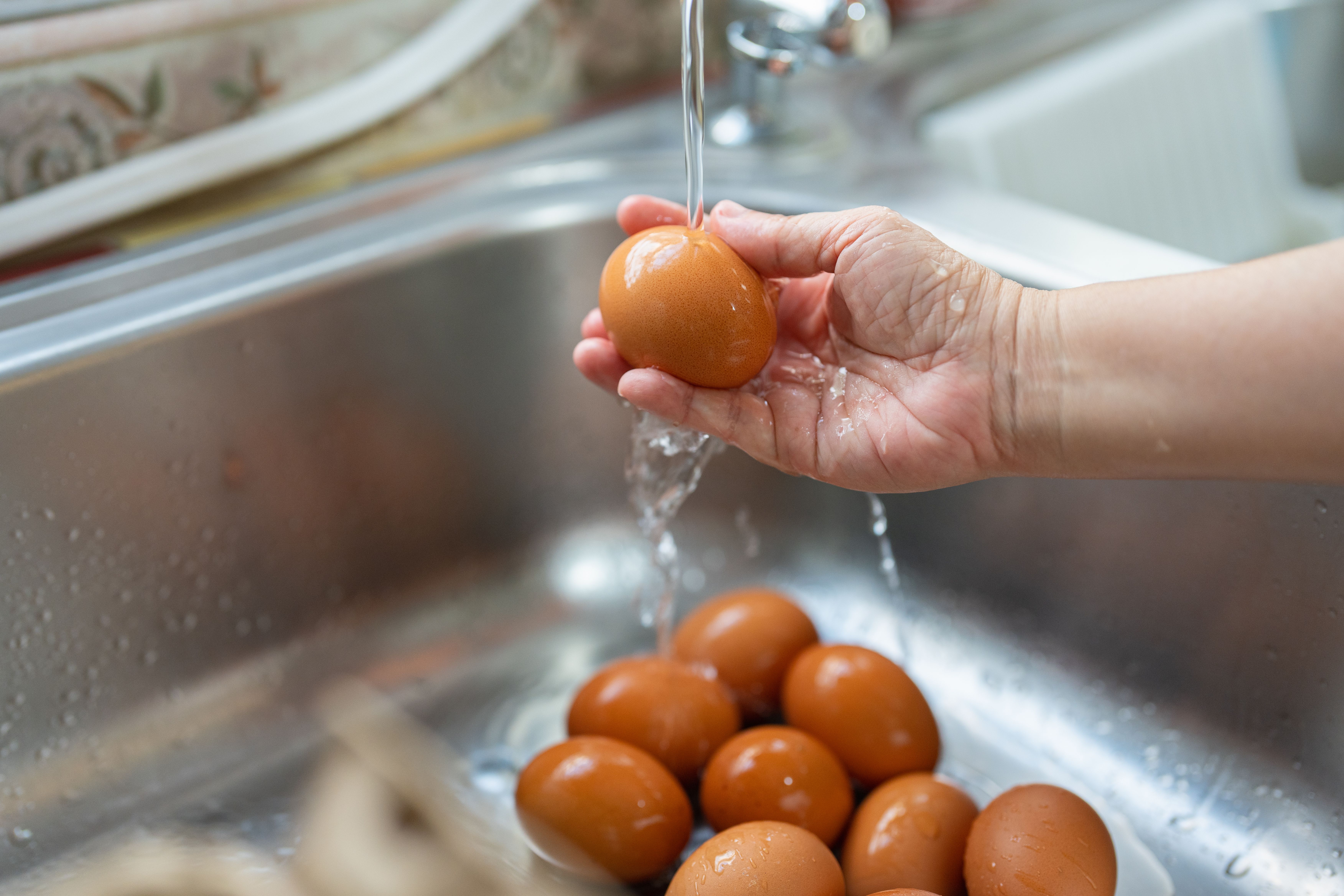
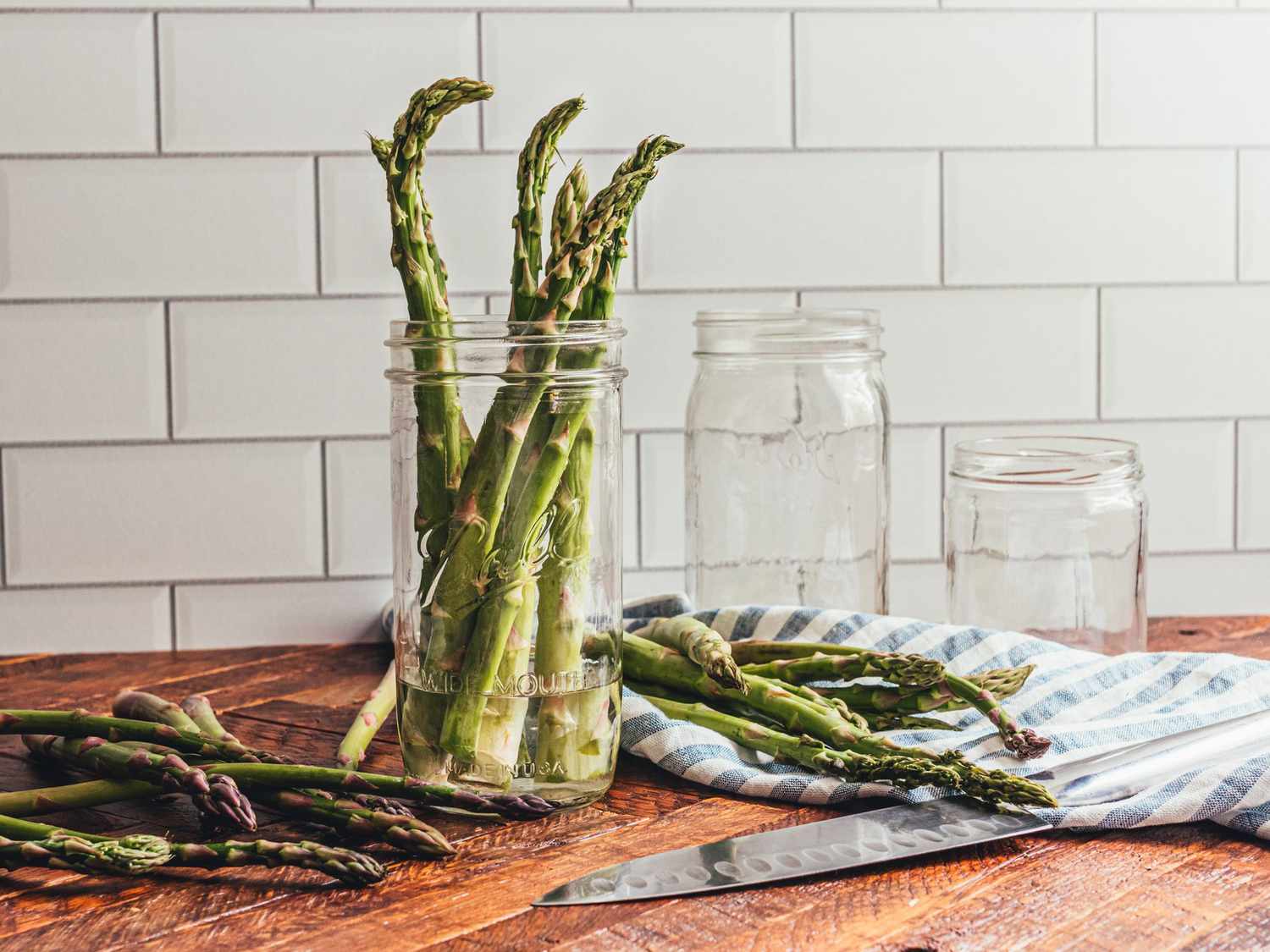
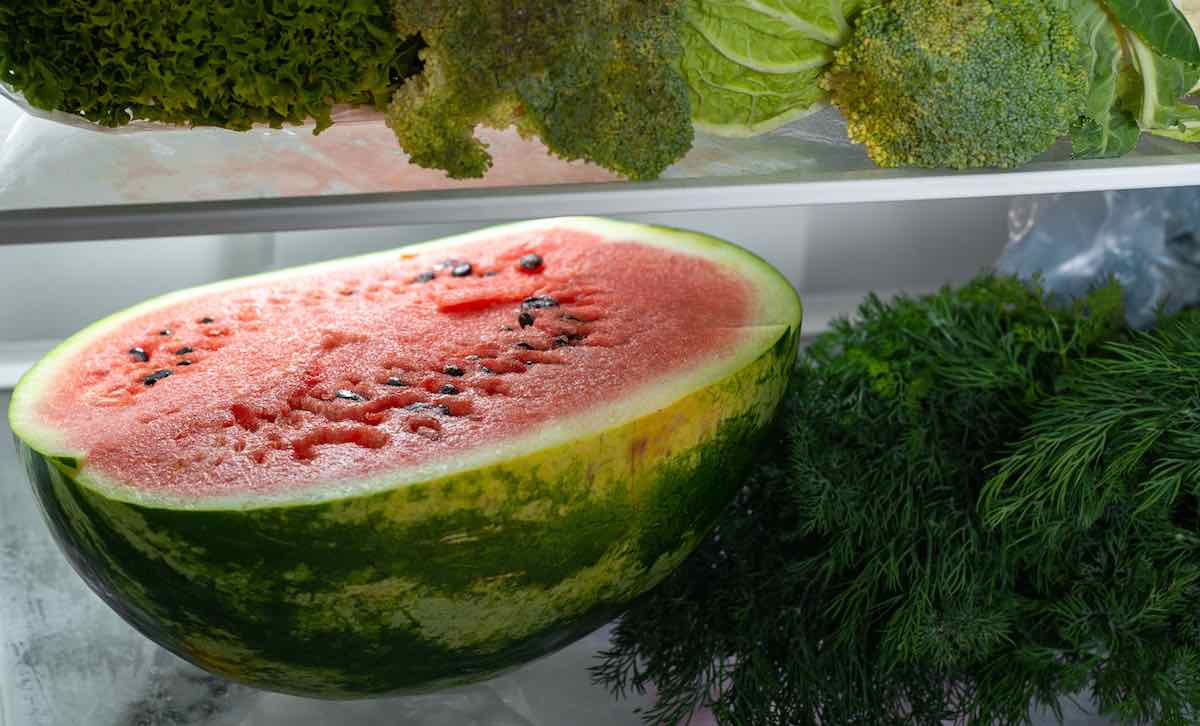
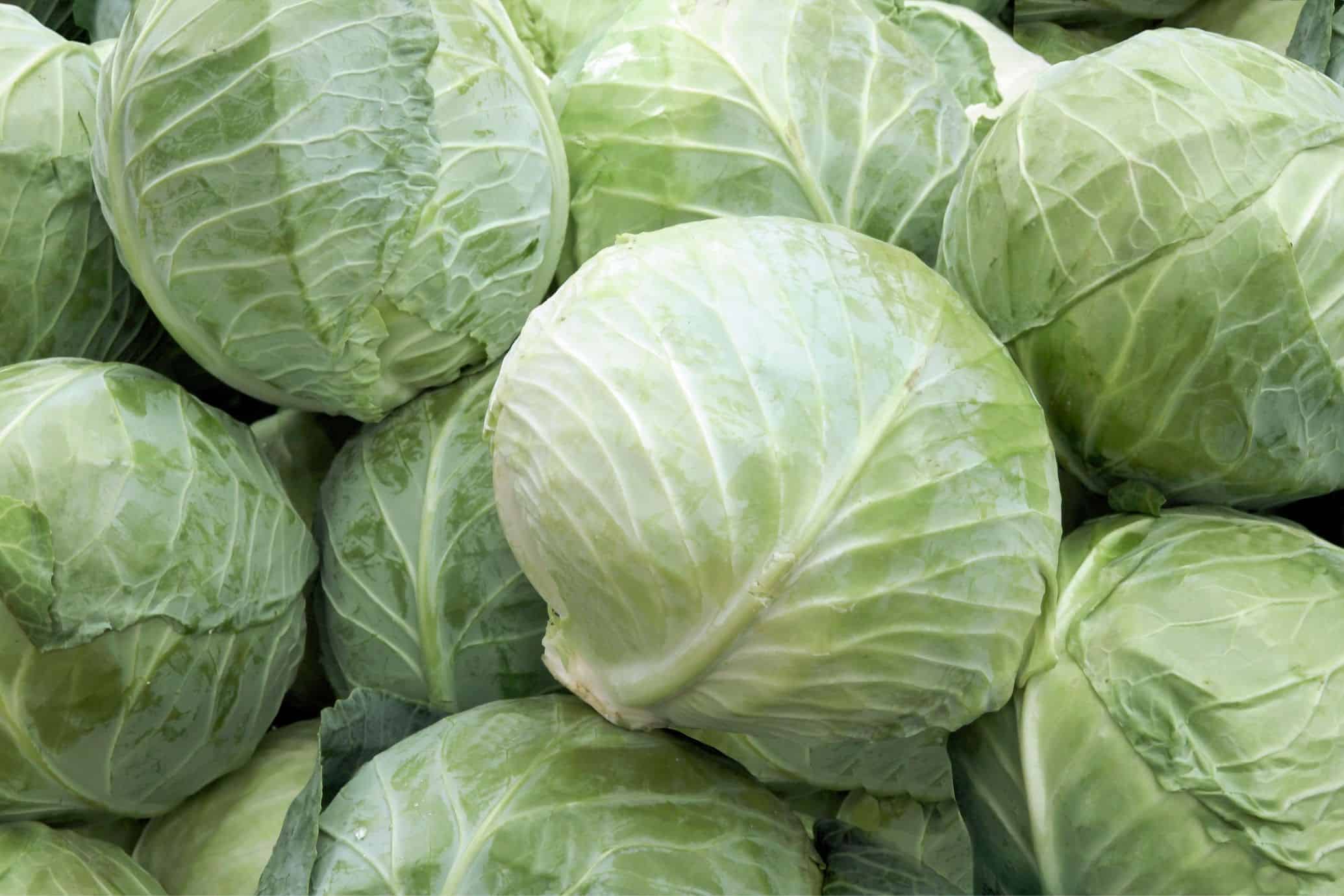
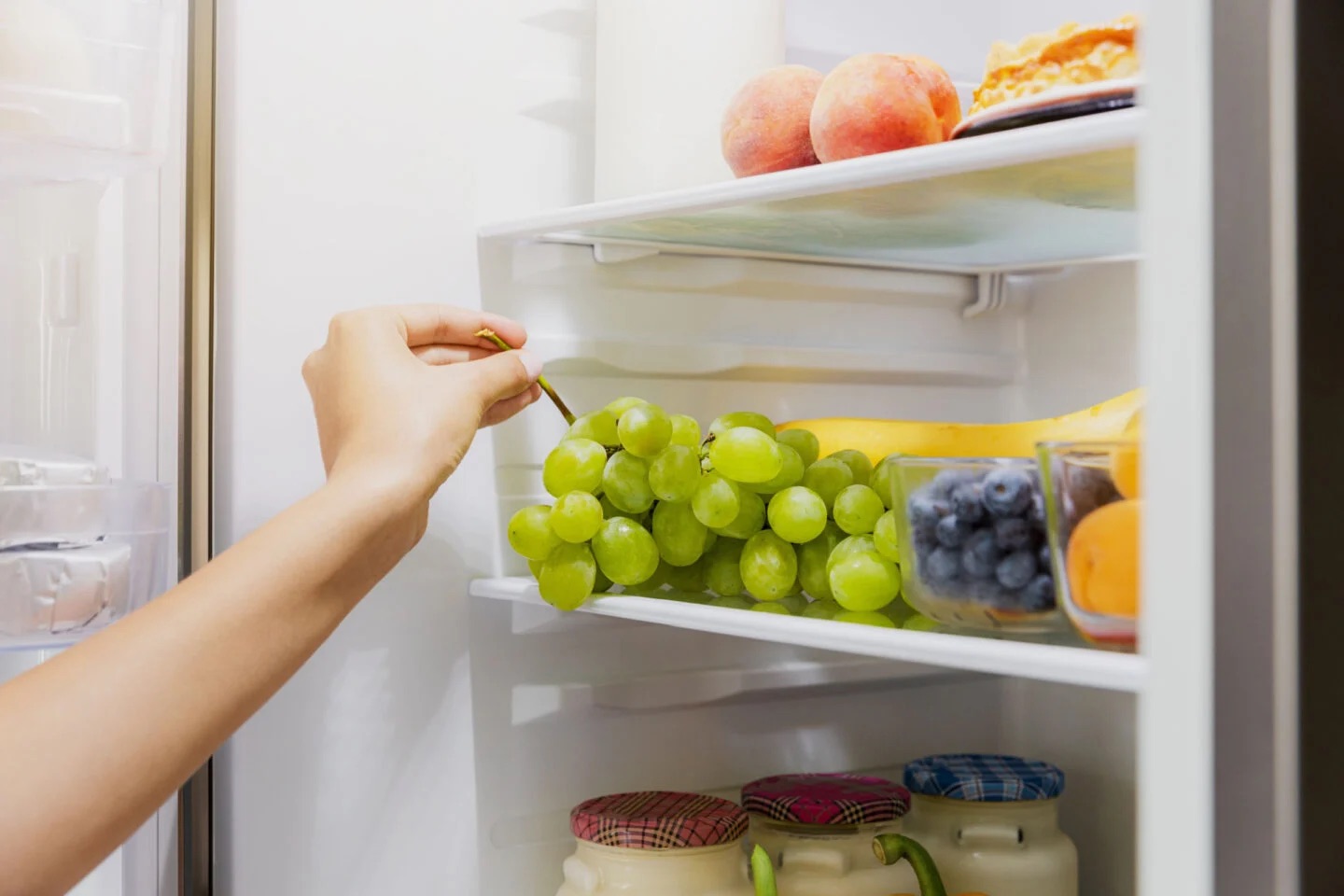
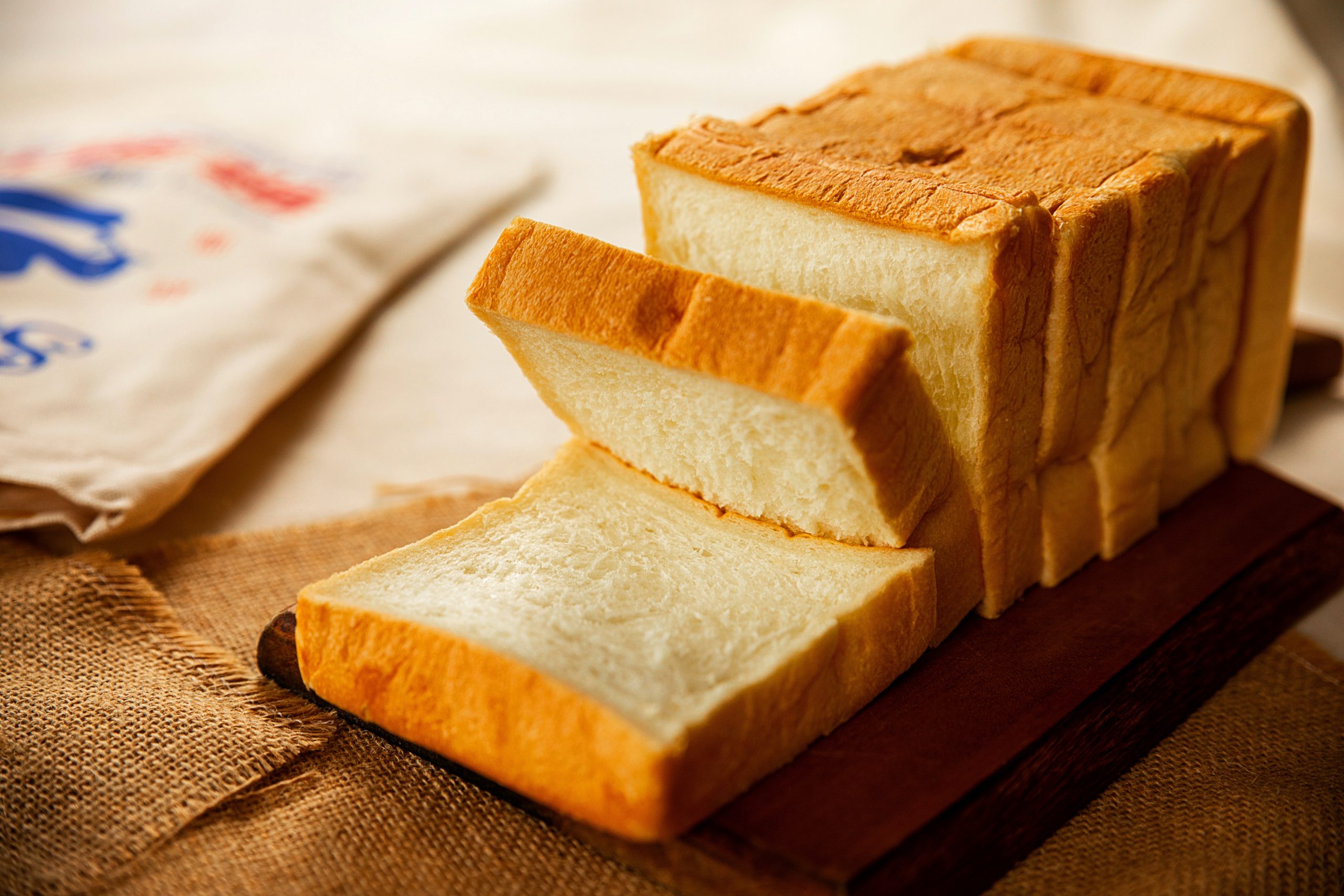
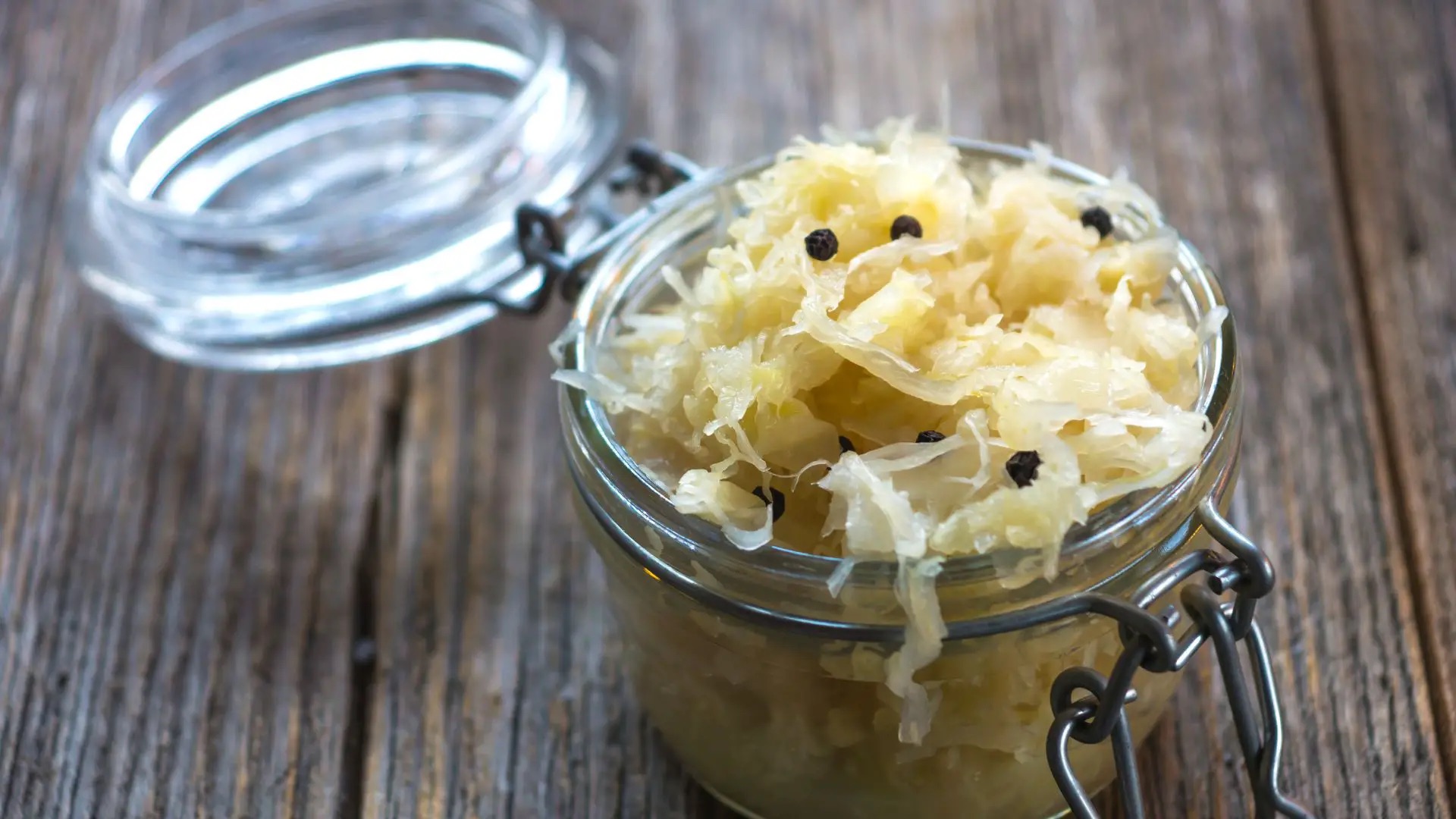
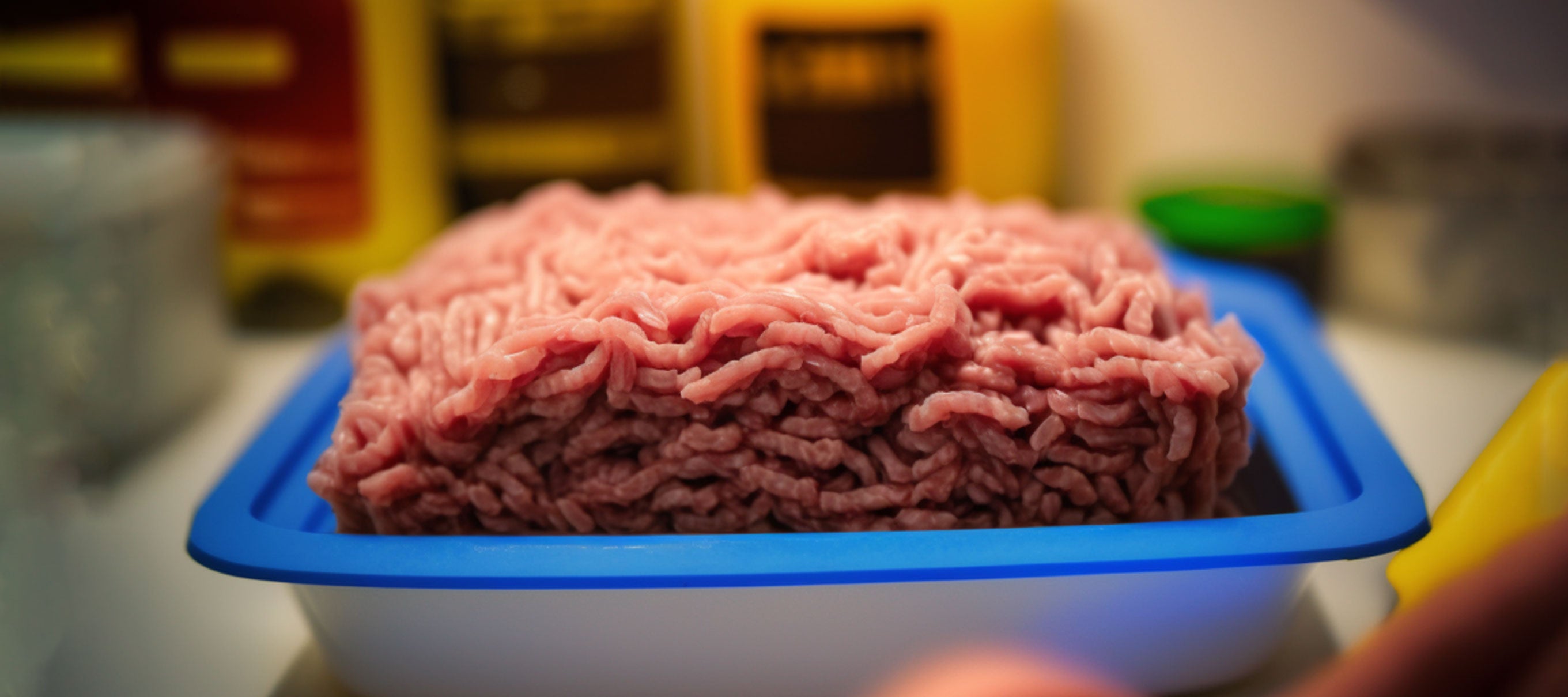
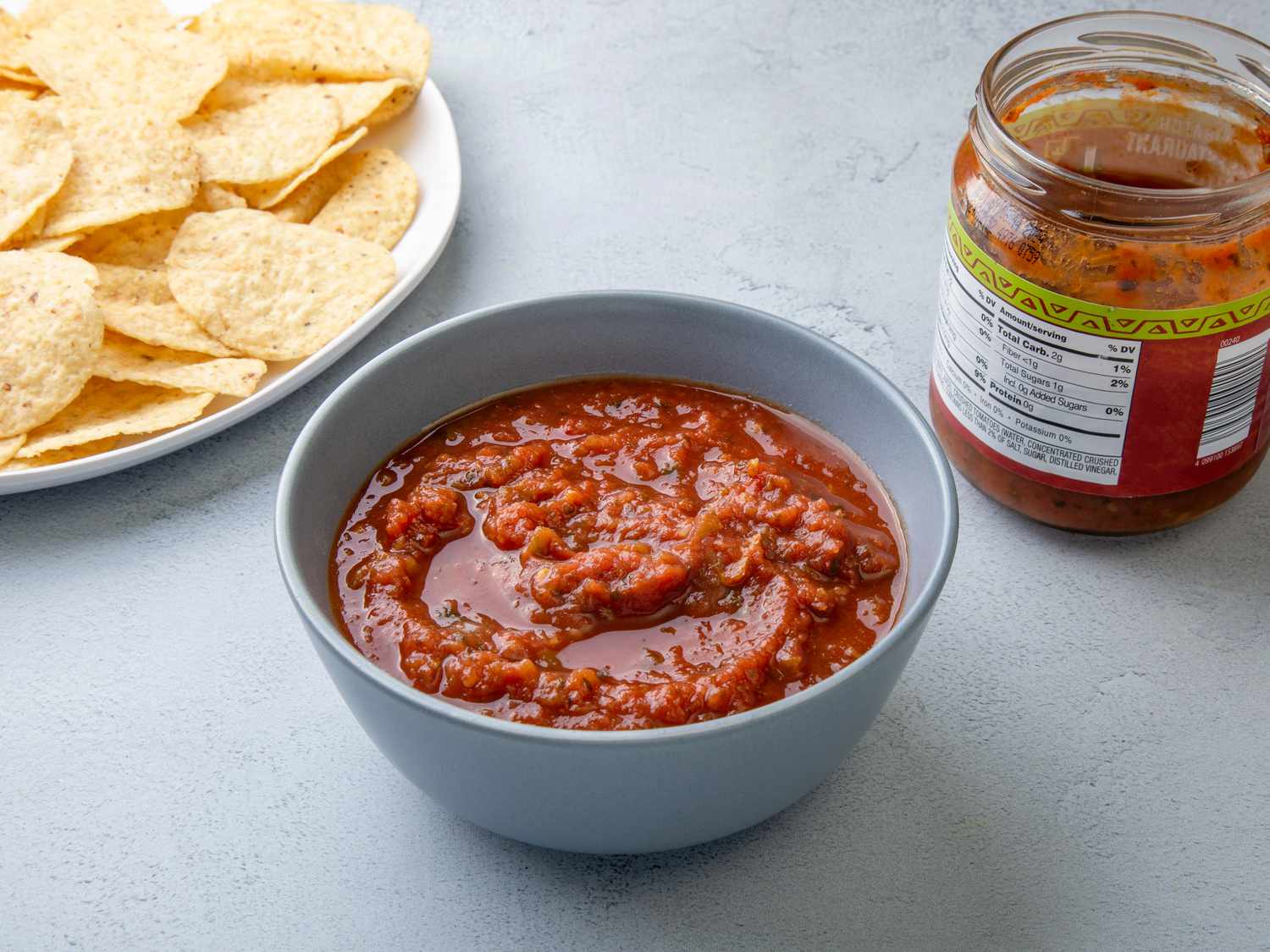
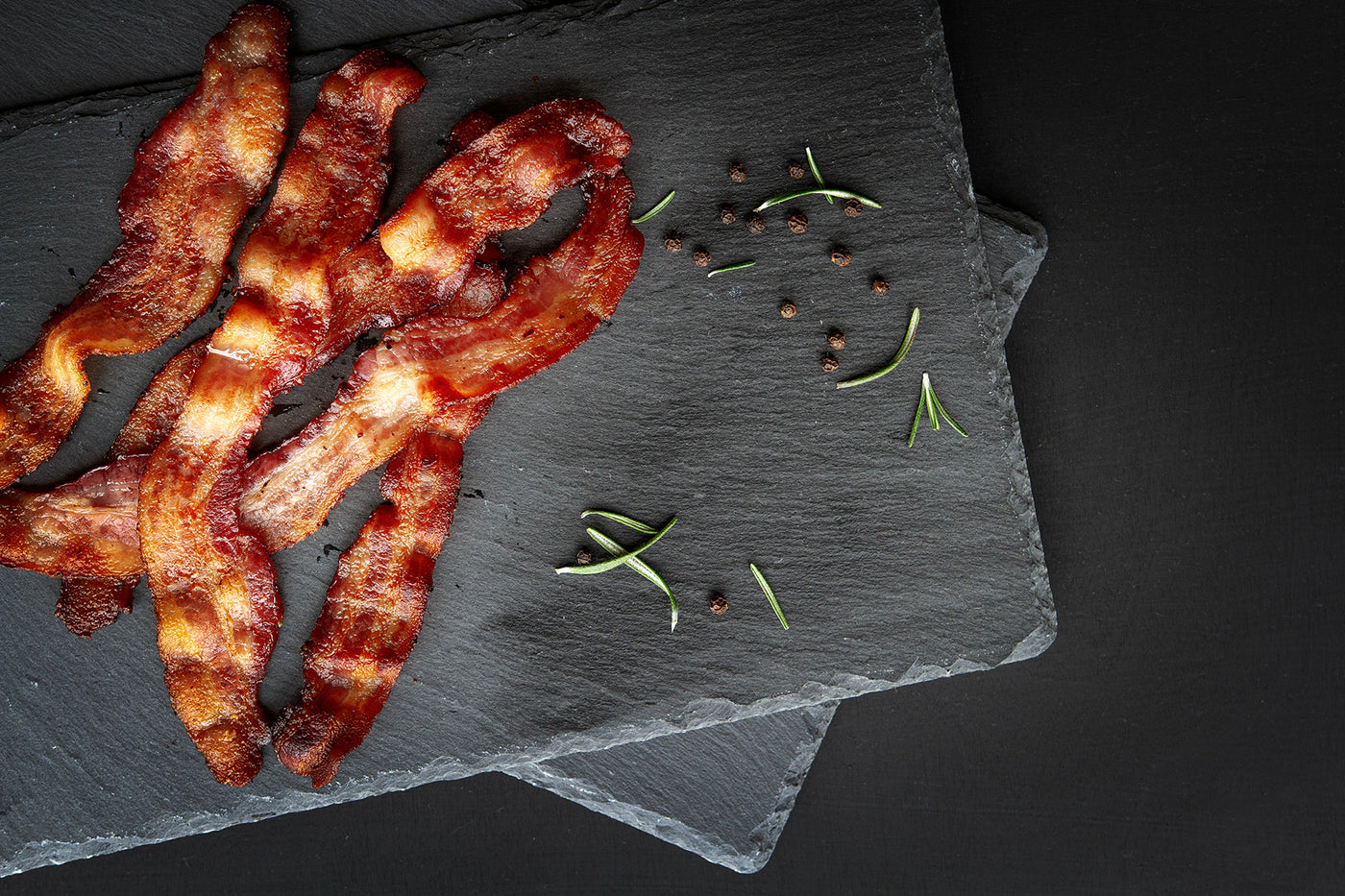
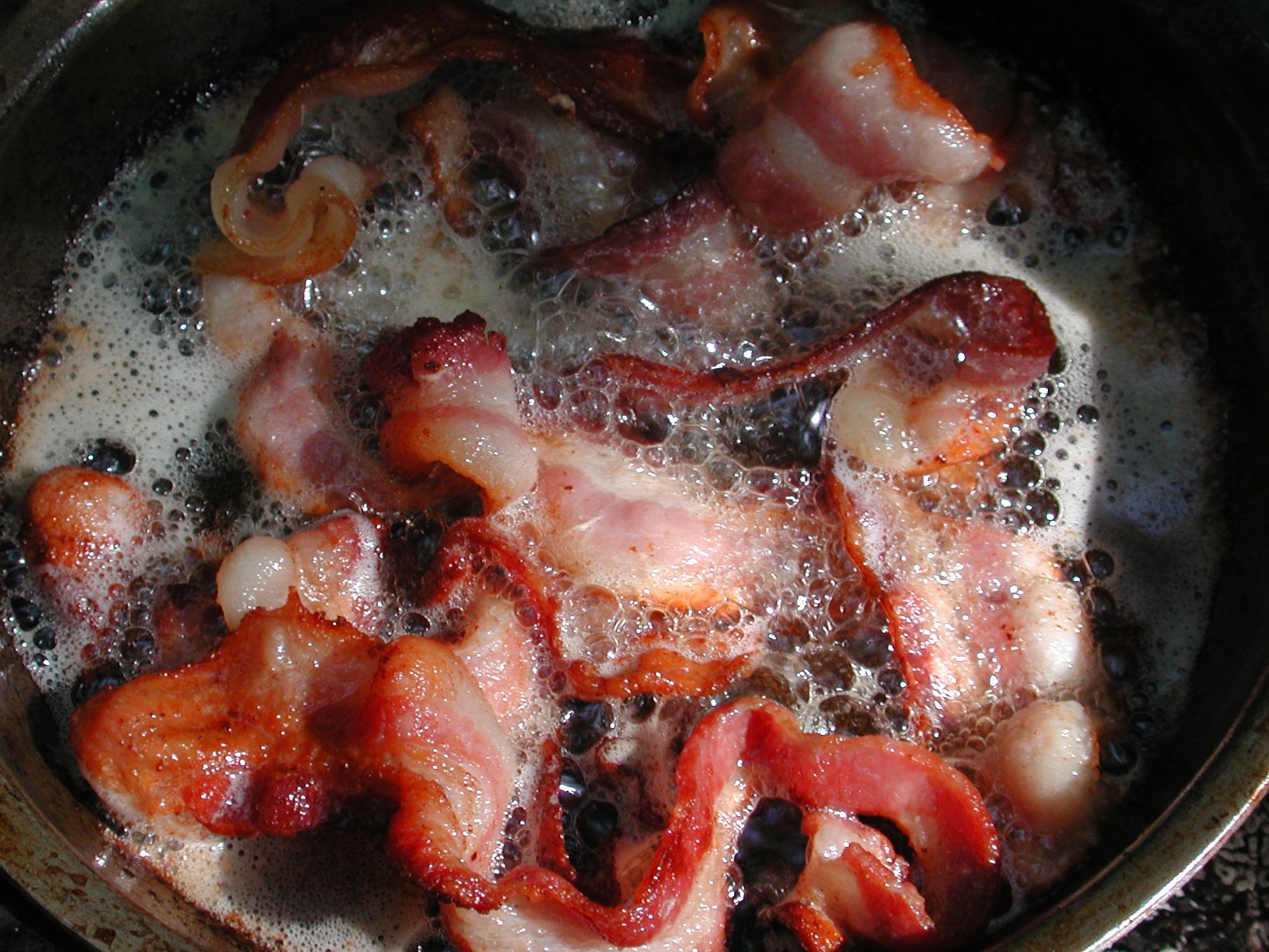
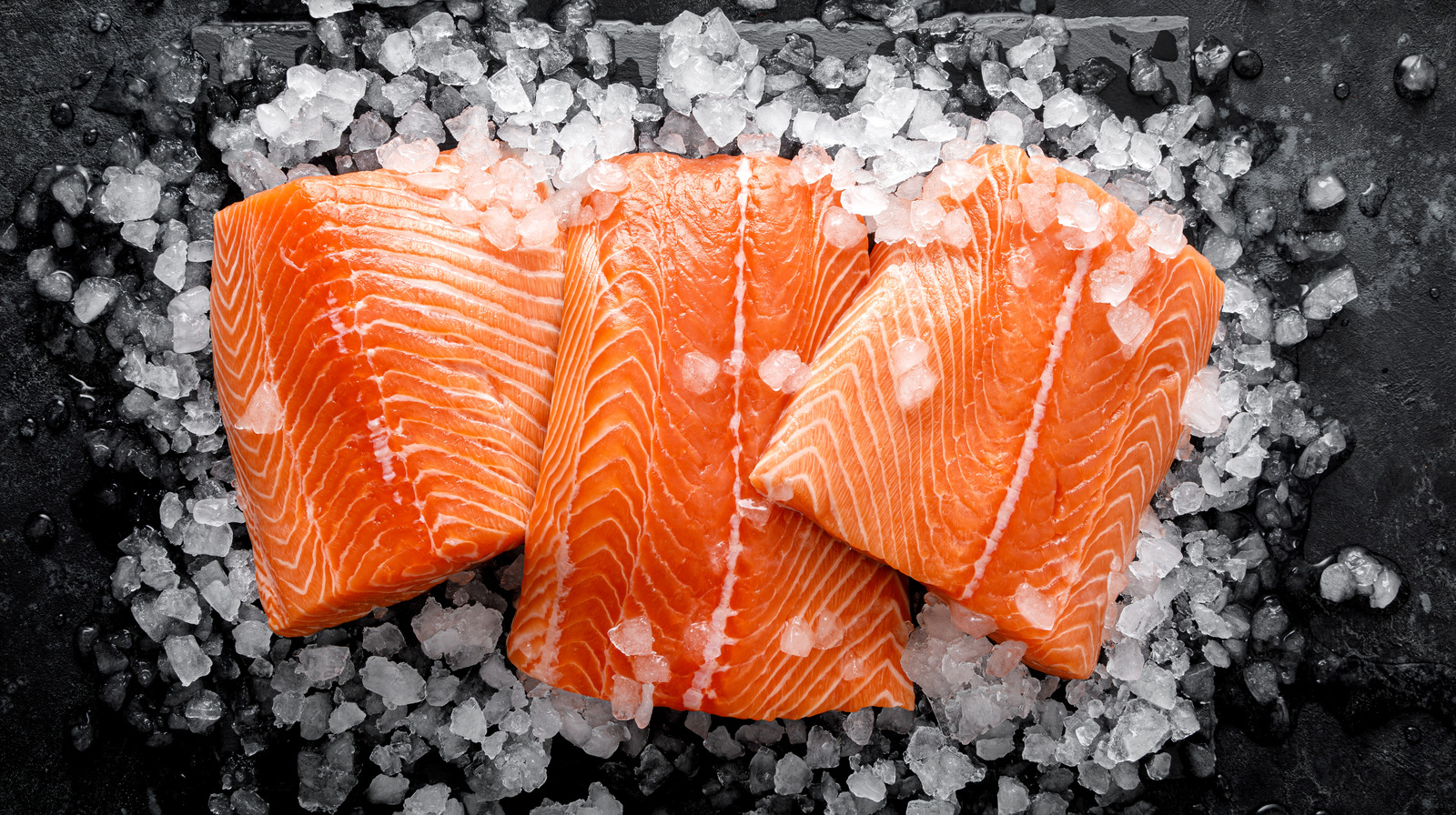

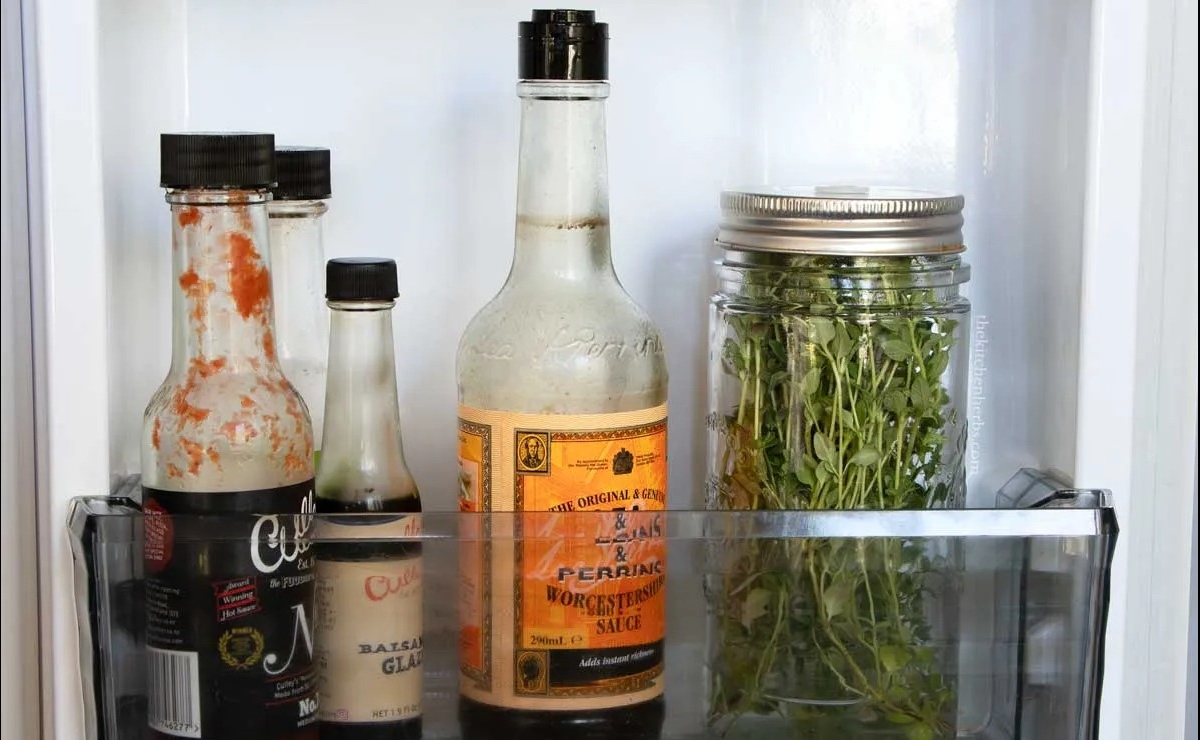

0 thoughts on “How Long Does Fresh Broccoli Last In The Refrigerator”